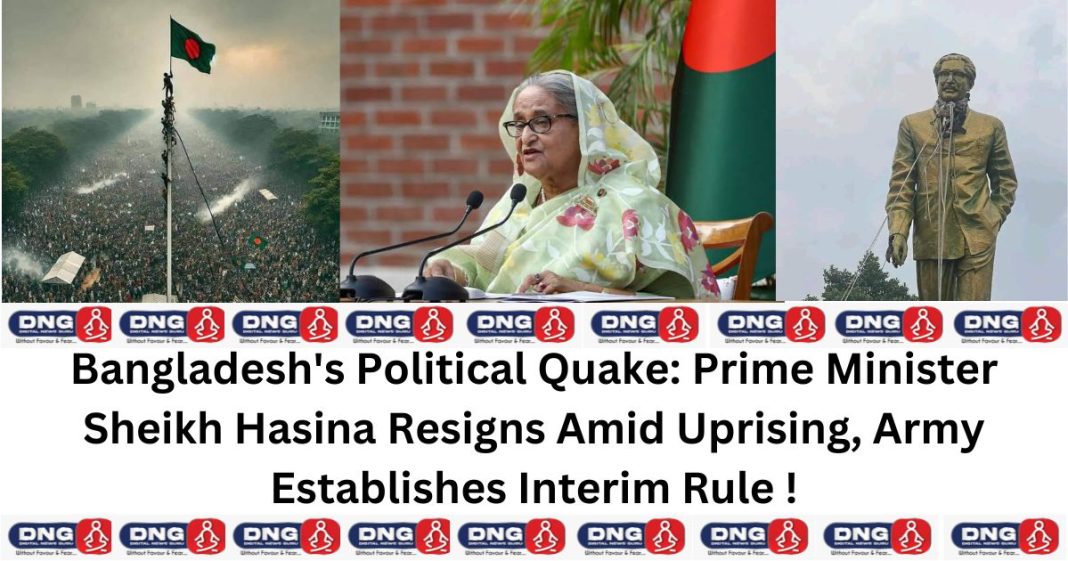DIGITAL NEWS GURU INTERNATIONAL DESK :-
Bangladesh’s Political Quake: Prime Minister Sheikh Hasina Resigns Amid Uprising, Army Establishes Interim Rule !
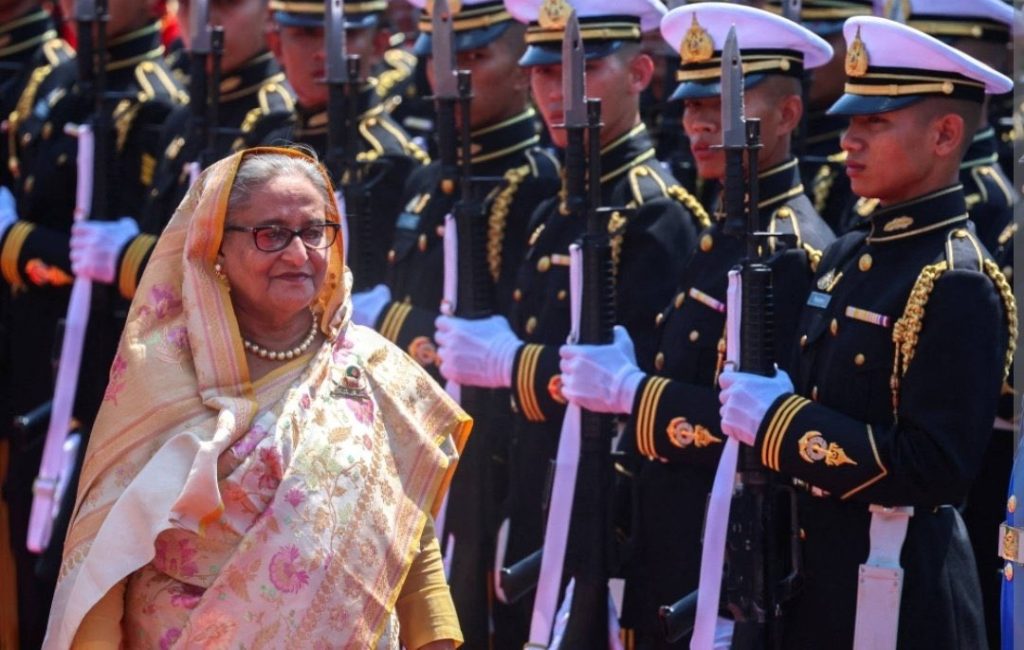
Prime Minister Sheikh Hasina resigned yesterday and fled Dhaka by a helicopter after thousands of protesters stormed her palace. Protesters broke down the doors of Sheikh Hasina’s official residence, forcing her to flee the country by helicopter.
The political landscape in Bangladesh has dramatically shifted following the resignation and departure of Prime Minister Sheikh Hasina amid widespread protests. After weeks of escalating unrest, Hasina resigned and fled to India, reportedly planning to travel to London thereafter.
The upheaval was sparked by public discontent over a controversial job quota system, which reserved 30% of government jobs for the families of 1971 war veterans, and quickly escalated into a broader anti-government movement
Diplomatic sources said Sheikh Hasina landed at the Hindon airbase near Ghaziabad and is headed to London. She was received by National Security Advisor Ajit Doval at Hindon Airbase.
Current Status:
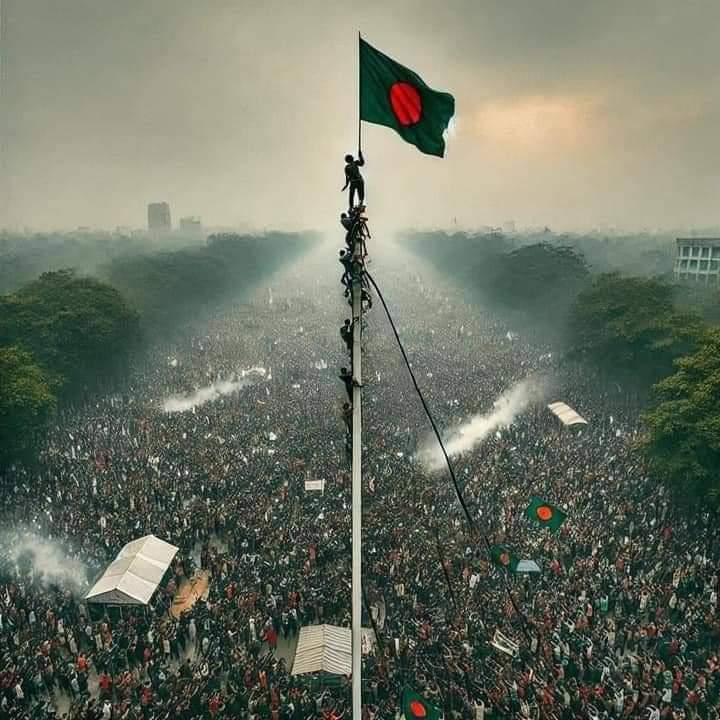
The situation intensified over the past few days, Her resignation came after nearly 300 people died in weeks of protest that the authorities sought to crush. Nearly 100 people were killed and curfew imposed in the deadly violence on Sunday night. In response to the chaos, the Bangladesh Army, led by General Waker-Uz-Zaman, has declared a state of emergency and announced the formation of an interim government. Army chief Waqar-uz-Zaman was keen to try to reassure the country. He urged the citizens to maintain faith in the army and said that the army will return peace to the country.
Here’s a detailed look at the causes behind the unrest:
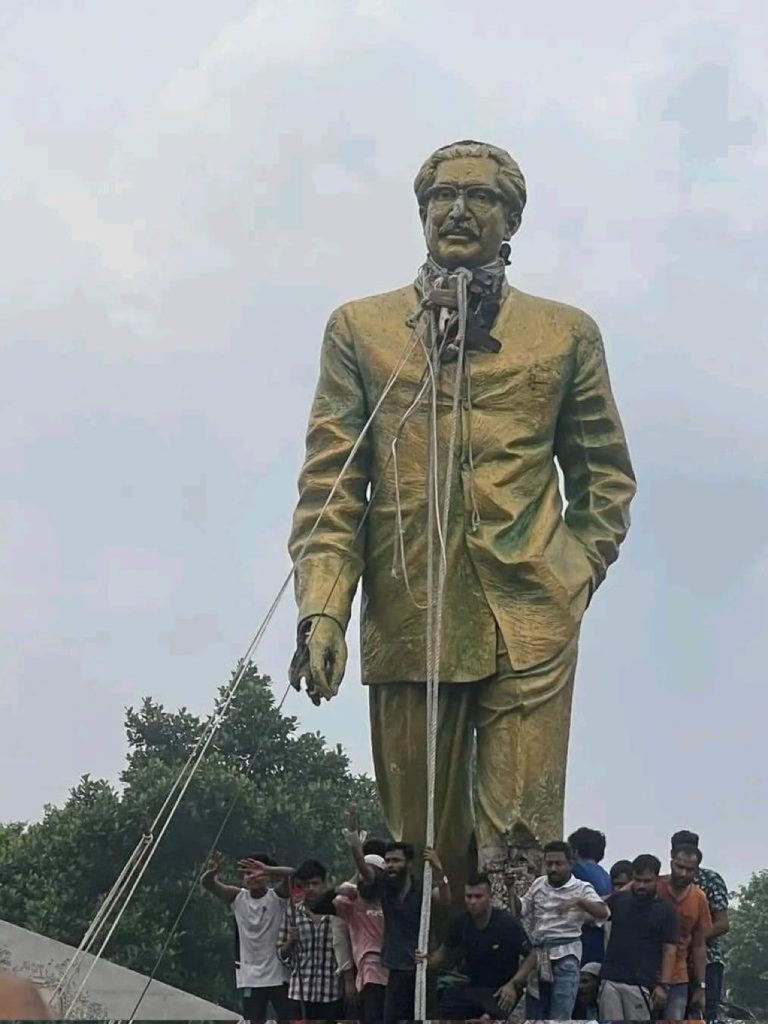
1. Job Quota System:
The immediate catalyst for the protests was a controversial job quota system in Bangladesh’s civil services. This system allocated a significant percentage of government jobs to descendants of those who fought in the 1971 Liberation War. Initially, 30% of government positions were reserved for these families, along with other marginalized groups. The quota system has been criticized for limiting opportunities for the broader population, especially the youth and educated classes, who felt that their merit was being overlooked.
2. Student Protests:
The movement against the job quota system began as a student-led protest, with university students demanding its reform. They argued that the system was unfair and discriminatory, effectively reducing their chances of securing government jobs despite qualifications. The students called for the reduction of the quota to a more manageable percentage, reflecting a merit-based recruitment system.
3. Broader Anti-Government Sentiment”:
Beyond the specific issue of the job quota, the protests quickly grew into a broader expression of discontent with the government. This includes dissatisfaction with economic policies, corruption, and perceived authoritarianism under Prime Minister Sheikh Hasina’s administration. Many citizens, particularly the youth, voiced concerns about the lack of democratic freedoms and the shrinking space for political opposition and dissent.
4. Violence and Government Response:
The situation escalated as the government responded to the protests with significant force. Reports indicate that security forces used live ammunition and excessive force to disperse demonstrators, leading to numerous injuries and deaths. The government’s decision to implement a nationwide internet shutdown and curfew, along with deploying the military, exacerbated the tensions.
5. Political Unrest and Prime Minister’s Resignation:
The protests’ intensity and the government’s harsh response culminated in a political crisis. Prime Minister Sheikh Hasina eventually resigned and fled the country, citing the need to restore order and prevent further violence. The army announced an interim government to maintain stability, indicating a significant shift in the country’s governance.
Conclusion:
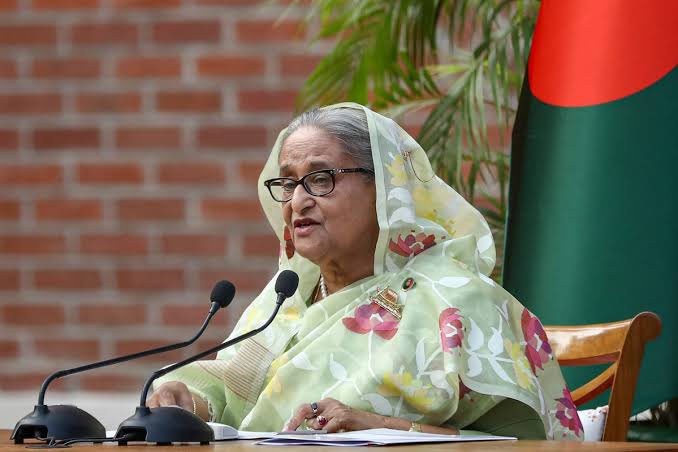
The protests in Bangladesh represent a complex mix of socio-political grievances, economic frustrations, and a desire for democratic reforms. The current crisis has revealed deep-seated issues within the country’s political and social fabric, demanding careful navigation by any interim administration and future elected government. The outcome of these protests could significantly shape Bangladesh’s political landscape and its relations with neighboring countries.
YOU MAY ALSO READ :- Kajol birthday special : काजोल के नाम पर है 6 फिल्म फेयर अवार्ड्स, 16 साल की उम्र मे रख दिया था बॉलीवुड मे कदम



